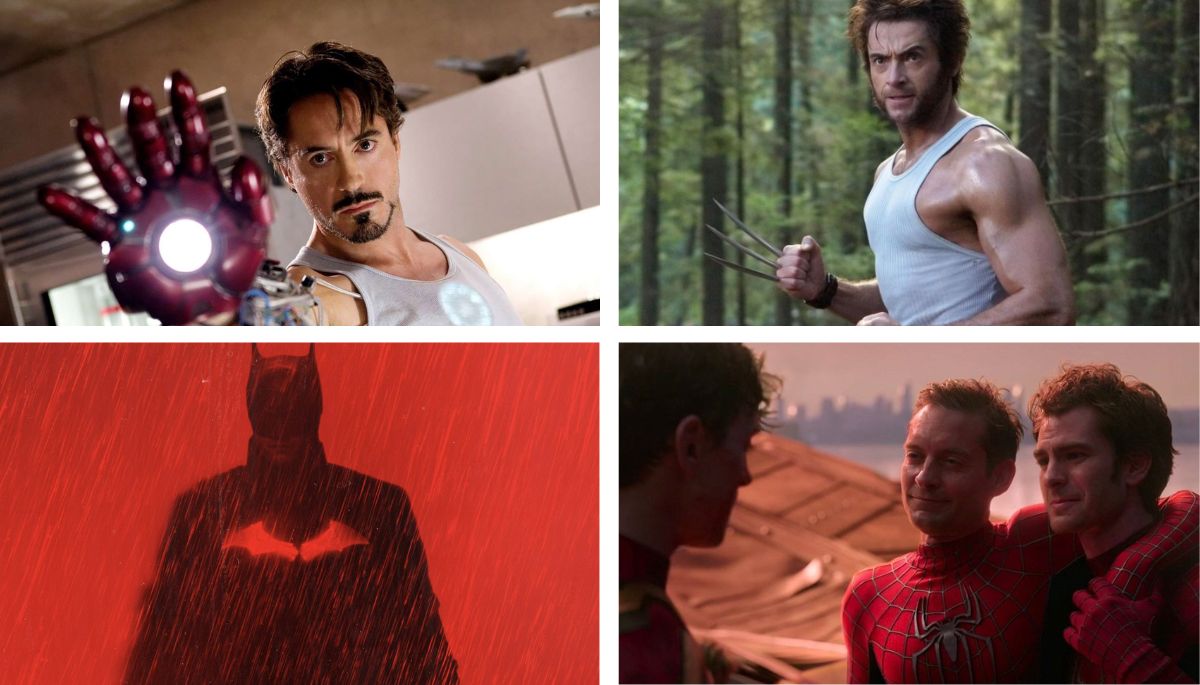The superhero genre has become a cornerstone of modern entertainment, captivating audiences with tales of extraordinary individuals fighting for justice.
Born from the pages of comic books, superheroes have leaped onto the big screen and dominated box offices worldwide.
These larger-than-life characters, with their colorful costumes and incredible abilities, have tapped into our collective imagination.
They offer escapism, inspiration, and, often, a reflection of our society’s values and concerns.
Evolution Of Superhero Cinema
The evolution of superhero movies mirrors the advancement of both storytelling techniques and cinematic technology.
From the low-budget serials of the 1940s like “The Adventures of Captain Marvel” to the groundbreaking special effects of “Superman: The Movie” in 1978, the genre has continuously pushed boundaries.
The late 20th and early 21st centuries saw a dramatic shift with films like Tim Burton’s “Batman” (1989) and Sam Raimi’s “Spider-Man” (2002), which brought depth and complexity to superhero narratives.
The launch of the Marvel Cinematic Universe in 2008 with “Iron Man” revolutionized the genre, introducing interconnected storylines and shared universes that have become the new standard for superhero franchises.
Tropes That Define The Genre
Superhero movies are built on a foundation of familiar tropes that resonate with audiences.
The tragic backstory, a staple of characters like Batman and Spider-Man, provides motivation and emotional depth.
Secret identities create tension and explore themes of duality.
The archenemy trope, exemplified by rivalries such as Batman vs. Joker, adds dramatic conflict.
Other common tropes include the reluctant hero, the climactic showdown, and the formation of superhero teams.
While these elements can sometimes feel formulaic, skilled filmmakers use them as building blocks to create compelling narratives that both satisfy genre expectations and push creative boundaries.
Cultural Impact Of Superhero Movies
The cultural impact of superhero movies extends far beyond entertainment.
These films have become global, influencing fashion, language, and even social discourse.
They often reflect on and comment on real-world issues, from the themes of post-9/11 in “The Dark Knight” to the exploration of racial identity in “Black Panther.”
Superhero movies have also had a significant economic impact, reshaping the film industry and spawning massive merchandising empires.
Moreover, they’ve influenced how we perceive heroism and morality, potentially shaping the values of younger generations.
As these films continue to dominate popular culture, their influence on our collective imagination and societal norms remains a subject of ongoing study and debate.




